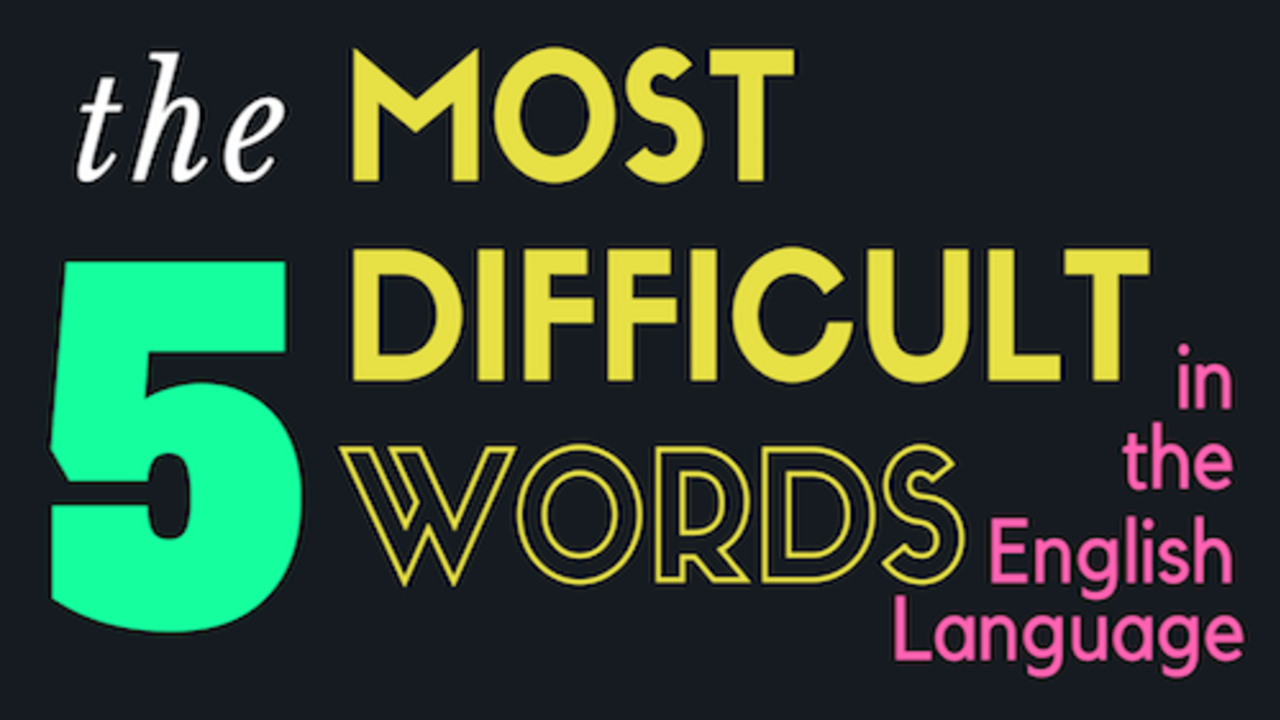
5 Most Difficult Words in the English Language: Interpersonal Relationship Skills
A Blog by Jean Schmith
The 5 Most Difficult Words to say are:
Otorhinolaryngologist, Ophthalmologist, Epididymectomy,Worcestershire, Sorry
OK, we can argue about the first four. Maybe you have words that you think are more difficult. But the last one--the fifth-- "sorry"--seems to be impossible for many people to say. In fact, there is a popular saying from an old movie: "Love means never having to say you're sorry." Really? Is that your experience? If someone you love hurts you, or hurts your feelings, that person never has to apologize because you somehow just KNOW the hurt was unintended? I doubt it. Your spouse can treat you as he/she sees fit, and never has to apologize? I doubt it. The same goes for your children. You can treat them any way you wish and never say you're sorry? Good luck with that. I think "Love means never having to say you're sorry" should be replaced with "Loving people have no trouble saying 'I'm sorry' because it's the loving thing to do."
If you want "I'm sorry" to come easily to you, perhaps this means changing your perspective and your mindset. This shift requires you to look at the situation from the point of view of the offended person. The offended person is hurting. Realize that. Appreciate that. That is shift number one. Shift number two is realizing that an apology is NOT an acknowledgment of wrong-doing, nor is it an admission of guilt. An apology is the salve that removes pain from the loved one. The words "I'm sorry" are designed to acknowledge that the other is hurting--not that you did anything "wrong." You may have hurt the person inadvertently or perhaps from your perspective, you did nothing "wrong" at all. Saying "I'm sorry" that I hurt you is looking at things from the perspective of the other, and saying "I want you to feel better; I would never deliberately hurt you; please forgive me." You never want to say "I'm sorry IF I hurt you." That raises a question you don't want to raise--one of culpability--which the "if" calls into question. No, you want to man/woman-up and say "I'm sorry THAT I hurt you" or "I'm sorry THAT what I did hurt you." You are NOT saying you did anything wrong. But you are acknowledging that whatever you did--the other person was hurt by it. Right or wrong, WHAT YOU SAID/DID caused pain that can frequently be alleviated with the simple words "I'm sorry." It's a small price to pay, isn't it? No argument establishing your innocence is as powerful as the two words "I'm sorry." With a little thought and a little compassion, you will be able to say those words and mean them. You will be able to say, authentically, "I would never deliberately hurt you. I'm sorry that I've caused you pain." Such a small price to pay for strengthening your interpersonal relationships and bringing comfort to those you love.
____________________________
Do you want to learn more about communication skills training that can help you become a more powerful, assertive, direct communicator? Communication that can change your life? Go to https://www.danoconnortraining.com/, along with his 50-lesson comprehensive communication training course.
Does your office need a communication trainer--a world-renowned expert trainer in customer service-- who can help you create a healthy, safe office environment? Would you like training in handling negativity; teams and leadership; and creating a respectful, professional work-place? Then go to "Book Dan" and request a quote from Dan and his team.
To join Dan's monthly subscription training group: click here.
__________________________________________________




